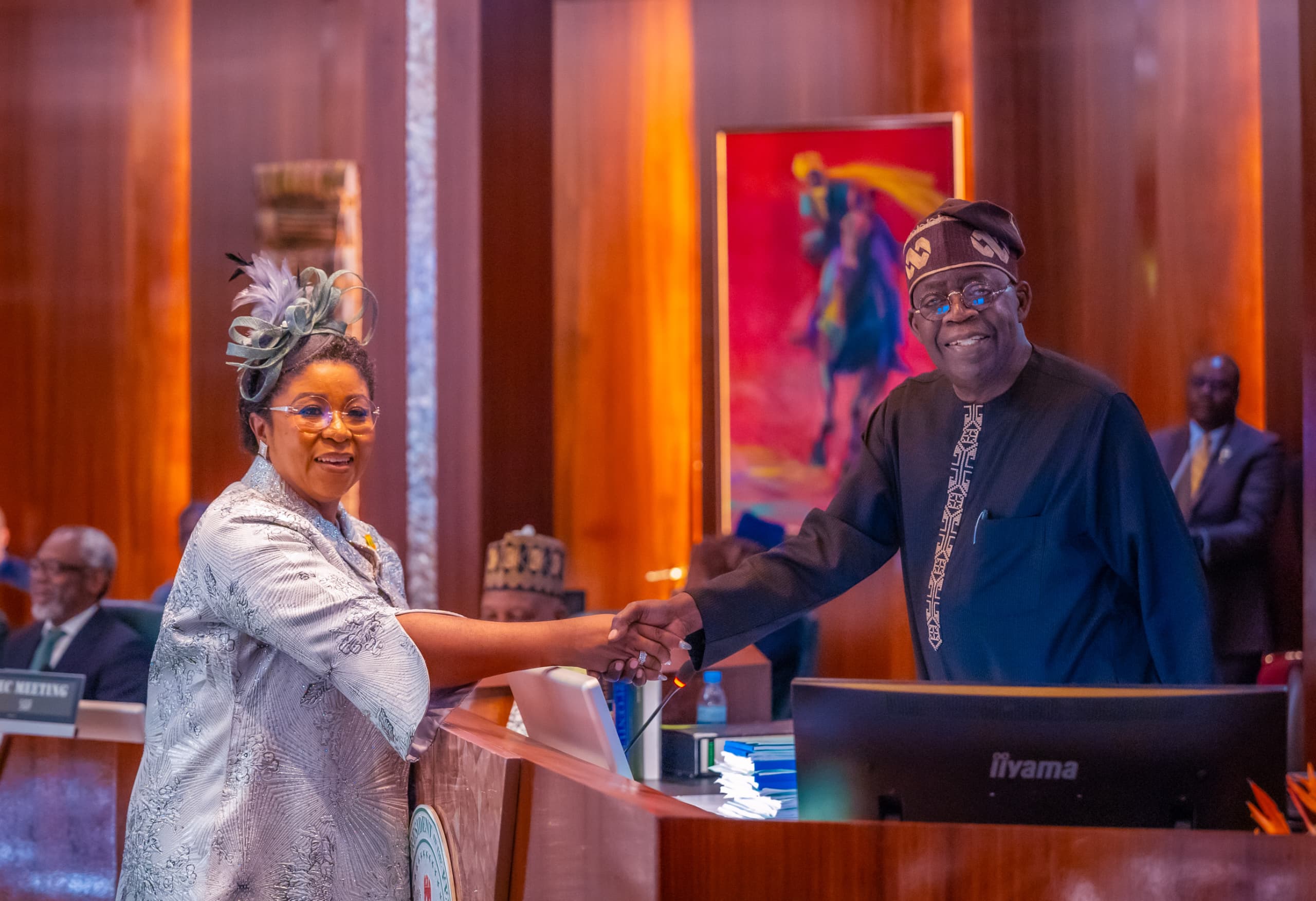Keir Starmer has pledges change after becoming the UK’s new prime minister following a resounding general election victory for his centre-left Labour party, ending 14 years of Conservative governance.
King Charles III officially appointed Starmer as prime minister during a meeting at Buckingham Palace, marking the beginning of the 61-year-old former human rights lawyer’s tenure.
Supporters and Labour activists gathered in Downing Street to cheer Starmer, who is the party’s first prime minister since Gordon Brown left office in 2010.
“Our country has voted decisively for change, for national renewal and a return of politics to public service,” Starmer declared in his inaugural speech. “The work of change begins immediately, but have no doubt, we will rebuild Britain.”
Outgoing Prime Minister Rishi Sunak conceded defeat after a challenging night for the Conservatives, which saw the loss of at least 12 senior Cabinet members, including former Prime Minister Liz Truss. Truss’s brief 49-day tenure, marked by unfunded tax cuts that unsettled markets and devalued the pound, had significantly damaged the party’s public standing.
Before departing Downing Street for the last time as prime minister, Sunak apologized to the public and announced his intention to step down as Conservative leader once his successor is appointed.
Labour surpassed the 326 seats needed for a majority in the 650-seat House of Commons by 0400 GMT, with final results expected by Saturday. By 1200 GMT on Friday, Labour had secured 412 seats, giving it a majority of over 170, while the Conservatives had won just 121 seats — a record low. The right-wing vote appeared divided by Nigel Farage’s anti-immigration Reform UK party.
In a further shift towards centrism, the Liberal Democrats replaced the Scottish National Party as the third-largest party in the House of Commons.
The election results defy recent trends among Britain’s Western allies, where far-right movements have been gaining momentum, such as in France and the United States with Donald Trump.
European leaders, including European Council President Charles Michel, French President Emmanuel Macron, and German Chancellor Olaf Scholz, congratulated Starmer, with Scholz expressing confidence in Starmer’s potential for success.
Ukrainian President Volodymyr Zelensky affirmed that the UK and Ukraine would remain steadfast allies.
Outside London’s bustling Waterloo station, residents like Ramsey Sargent expressed optimism about the future. “It was absolutely a momentous election. It has been very rocky over the last few months and years. I’m really excited to see what happens next,” said the 49-year-old engagement officer.











